People don’t plan to fail they fail to plan!
Many famous people have died without Estate Planning and their estate was a mess. Walt Disney, Marilyn Monroe, Elvis Presley, J.P. Morgan and John D. Rockefeller are a few who did not plan ahead. They failed to plan.
These are some of the questions I get on Estate Planning.
Do I Need Estate Planning?
Age, gender, marriage or domestic partner/divorced; straight or gay we all want to take care of our loved ones at our death. However you must also take care to ensure your well-being throughout your life, in sickness and in health.
When I have lectured and asked the question “Have you completed an estate plan?”I get answers as follows:
Widow: “I don’t really have an estate, I only have some money in a checking account, some personal jewelry and my dog Bella.”
Domestic Partner: “I don’t really have an estate. Bill and I have a house in joint tenancy so, when I die, it will bypass Probate and pass directly to Bill… isn’t that right?.”
Grandparent: “I made a Will about 10 years ago before having grandkids. I’m sure it covers everything.”
Well, the good news is that, whoever you are, however old you are and regardless of how little or how much money or other assets you have, YOU DO HAVE AN ESTATE!!!
The bad news is that, UNLESS YOU TAKE THE TIME to ensure that both you and what you have is safely monitored your estate could be a mess. What if you should become INCAPACITATED? Do you have a Health Care Directive? Is it on file at your hospital? In April 2012 I took my mother in law to Eisenhower and was surprise when they ask her if she had her Health Care Directive on File with the hospital. We didn’t then but we do now!
Do you have a power of attorney? UNLESS YOU TAKE THE TIME now to prepare an estate plan then at your DEATH, what you have may not go to the people to whom you want it to go. Your estate could wind up such a mess that neither you during your life, nor your loved ones after your death, will be adequately taken care of. Without a will/trust the money will pass on by the laws of your state. For example If you had a classic car worth $1,000,000 and left it to son A and a million in cash and left it to son B
and if the car was sold before you passed away, then the son that was to get the car would get nothing. This is because it was a Specific Bequest of the car not money.
THINGS YOU NEED TO KNOW:
1. KNOW where your testamentary documents are located: Where are the Wills, Trusts, Insurance Policies, Health Care Directives and Power of Attorney forms located? Know how to access them. If they are in a safe deposit box, do you know where it is located? Do you have access? Do you know where the key is located?
2. KNOW your professionals: Who are the attorneys who created these documents? Who are your accountants? Know how to access them so that you can seek their advice. Make a list with the name, address, phone number and email of your lawyer, CPA, Stockbroker and Financial Advisor for starts.
3. KNOW where the documents concerning your properties are located: Know where the deeds to your properties are located, as well as the location of the purchase documents, escrow documents, loan and refinance documents. Your tax basis for these properties is an important piece of information and that can only be determined from these documents.
4. KNOW where your pink slips are as well as other documents of acquisition and title to personal property.
5. KNOW where your tax returns are and where the backup information for the current return is located.
6. KNOW the source of your income, whether it be retirement plan, 401(k) plans, Social Security, rental income, notes receivable, interest, dividends, annuities or other business income and know how to identify it.
7. KNOW where bank accounts are located and who the signatories are.
8. KNOW where the stockbrokerage accounts are as well as who your broker is.
ALTERNATIVES TO PROBATE
1. The Joint Tenancy Process: By holding various assets in joint tenancy with right of survivorship, the asset will pass to the survivor upon the death of either, rather than by the Laws of Intestacy or the provisions of a Will. This is a good idea in some cases and not such a good idea in others.
2. Insurance: An insurance policy, naming the spouse as a beneficiary of the policy, will cause the proceeds to be paid to such spouse under the insurance contract without reference to a Will.
3. Retirement Funds: When you name a Beneficiary of your IRA, Keough or other retirement fund, it will cause the proceeds to be transferred to your named Beneficiary without the necessity of a Probate.
4. Community Property: Upon the death of a married person, all of the decedent’s property may pass to the surviving spouse without administration and with exceptions.
5. Summary Proceeding: There are also means of setting aside Small Estates.
6. Pay on Death Accounts: Also, there are a number of types of bank accounts, such as “a POD account” (sometimes called a Trustee Account or a Totten Trust), which allows you to avoid the problems of both Probate and co-ownership.
7. The Living Trust: And, of course, the other way to avoid a Probate is by the use of a LIVING TRUST. We suggest you contact your attorney to look into this for your family.




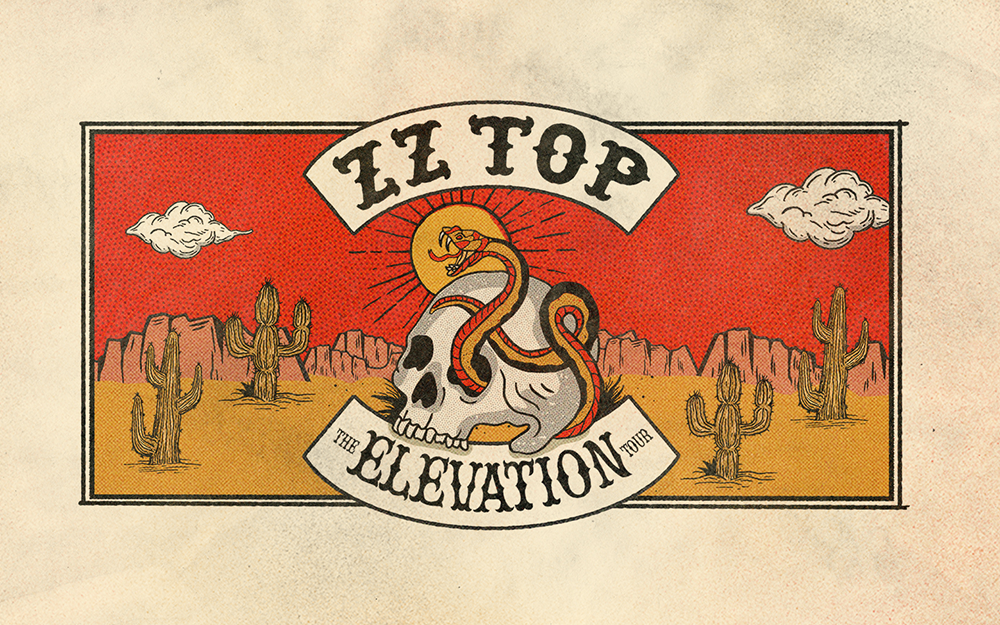
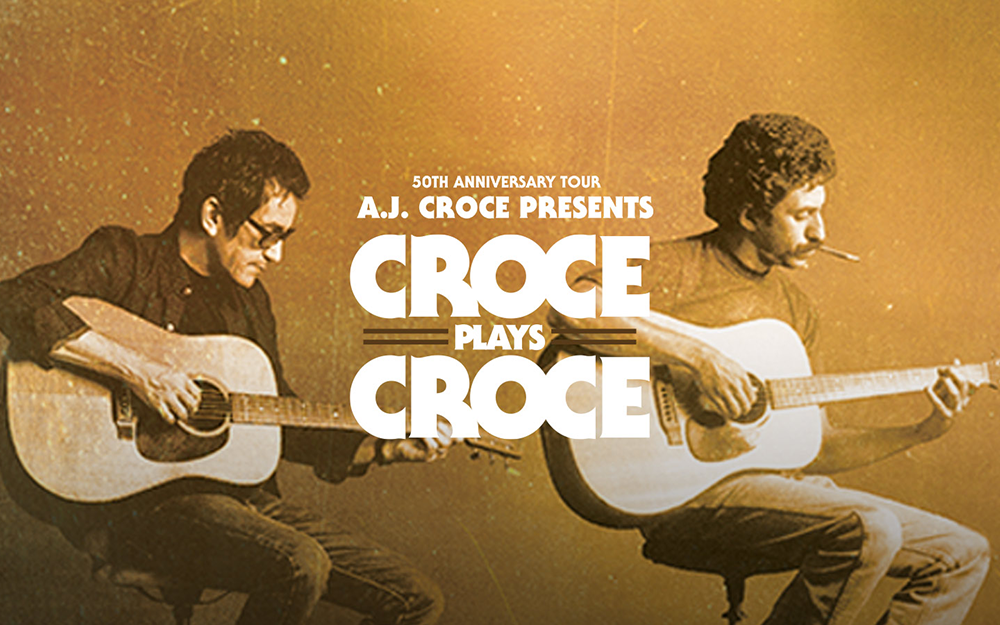

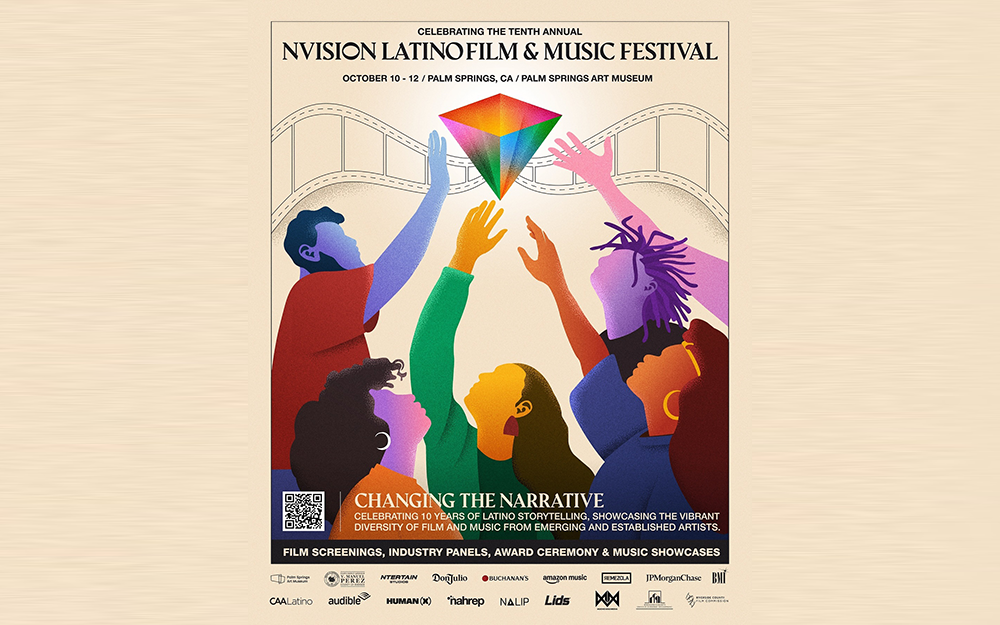


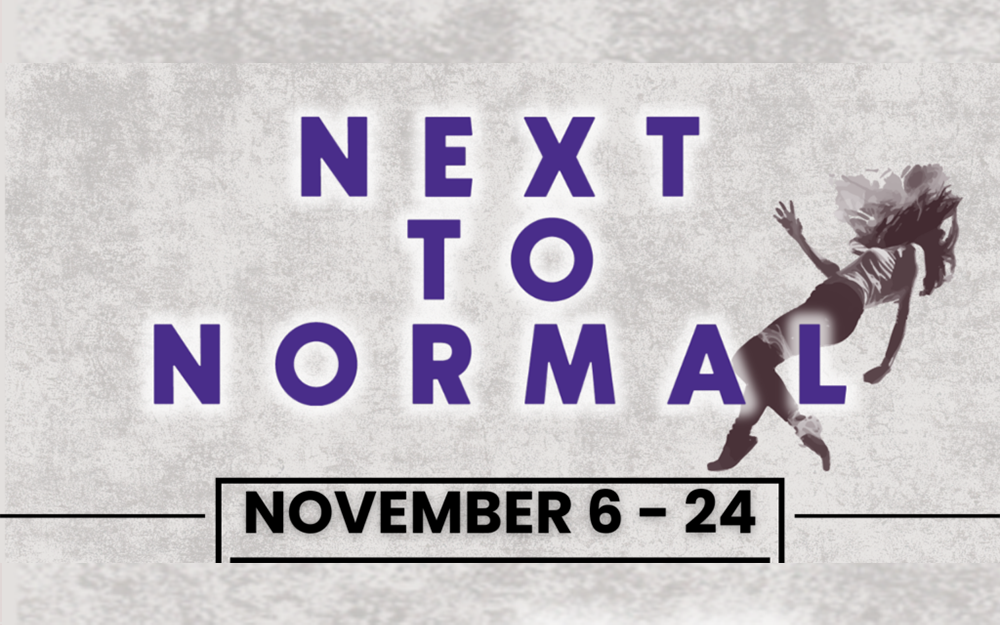










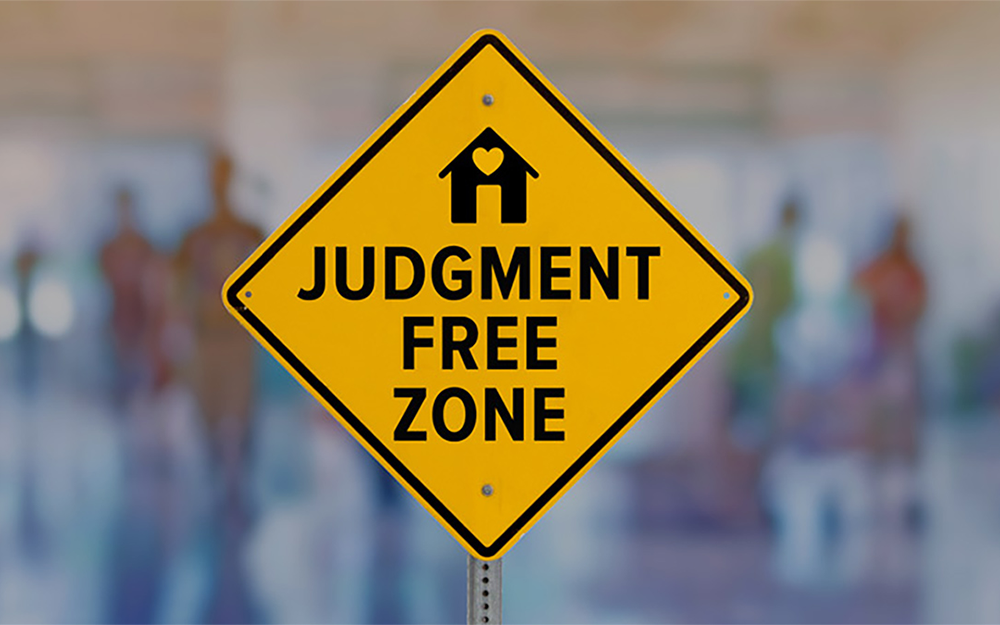























Comments are closed.